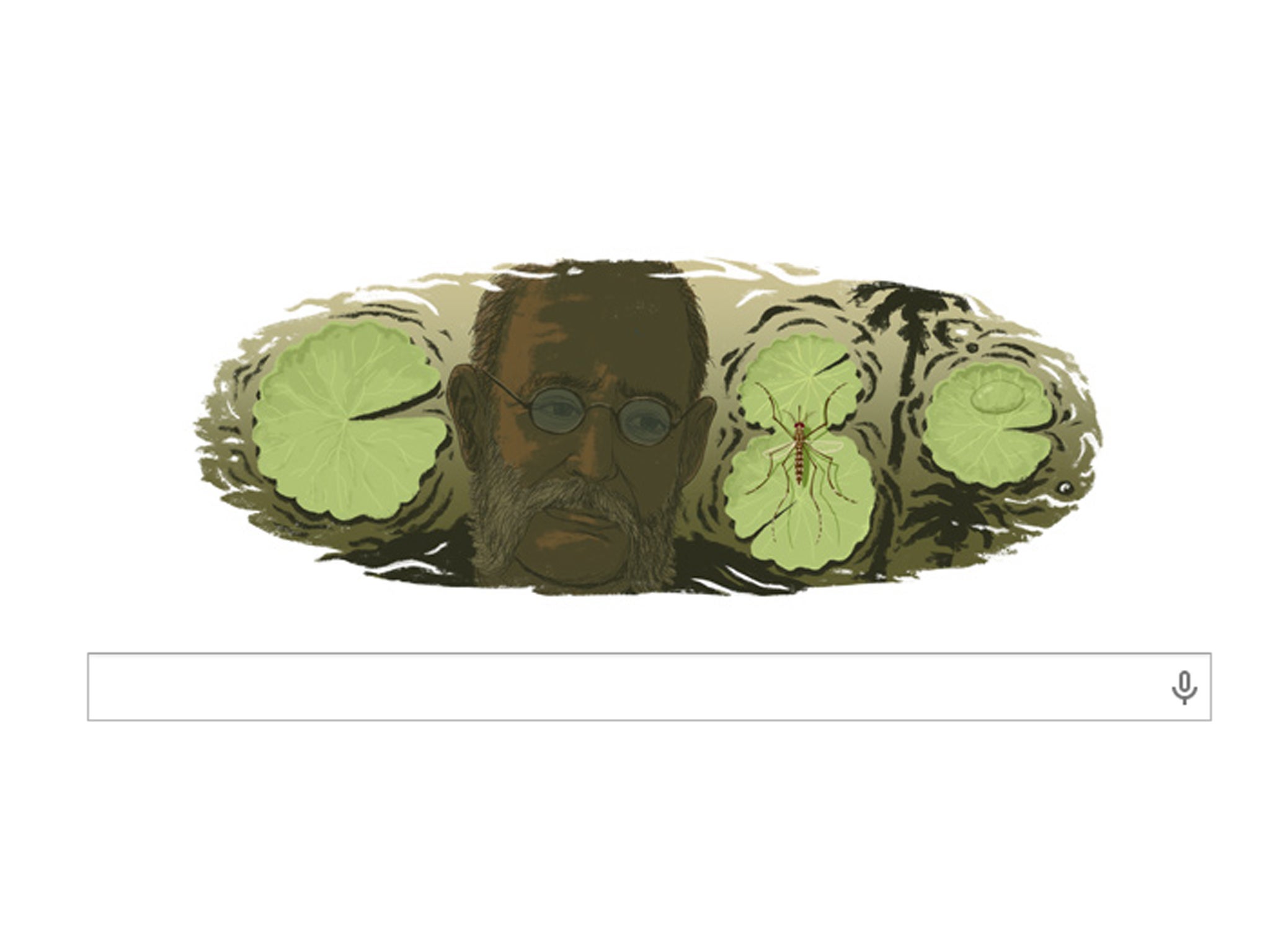Carlos Juan Finlay: Physician's 180th birthday marked with Google Doodle

Your support helps us to tell the story
From reproductive rights to climate change to Big Tech, The Independent is on the ground when the story is developing. Whether it's investigating the financials of Elon Musk's pro-Trump PAC or producing our latest documentary, 'The A Word', which shines a light on the American women fighting for reproductive rights, we know how important it is to parse out the facts from the messaging.
At such a critical moment in US history, we need reporters on the ground. Your donation allows us to keep sending journalists to speak to both sides of the story.
The Independent is trusted by Americans across the entire political spectrum. And unlike many other quality news outlets, we choose not to lock Americans out of our reporting and analysis with paywalls. We believe quality journalism should be available to everyone, paid for by those who can afford it.
Your support makes all the difference.The Cuban physician Carlos J Finlay has been honoured with a Google Doodle on the 180th anniversary of his birth.
Finlay is credited with discovering that yellow fever is transmitted via infected mosquitos, though his ideas were ignored for 20 years after first being published in 1886.
Born in Puerto Príncipe 1833, he studied at Jeffeson Medical College, Philadelphia, before returning to Cuba to practice medicine in Matanzas and Havana.
In 1879 that he was appointed by the Cuban government to study the causes of yellow fever and two years later he attended the International Sanitary Conference in Washington DC to represent the country. At this conference, Finlay urged the international community to study yellow fever vectors, and he shortly after proposed that mosquitos were key to the spread of the disease.
In 1900, Finlay managed to persuade the head of the US Army Yellow Fever Board, Walter Reed, of his theory while he was visiting Cuba. Reed then went on to refine Finlay's experimental procedures, and the US Army physician William Gorgas soon eradicated the disease in Cuba and Panama.
Finaly was appointed chief sanitation officer of Cuba in 1902 and, after his death from a stroke in 1915, the Cuban government created the Finlay Institute for Investigations in Tropical Medicine in his honour.
Finlay was nominated seven times for the Nobel Prize in Physiology or Medicine, but never won.
Today's Google Doodle shows Finlay's bespectacled face reflected in a pool containing tropical lily pads, one of which has a mosquito sat upon it.
Join our commenting forum
Join thought-provoking conversations, follow other Independent readers and see their replies
Comments